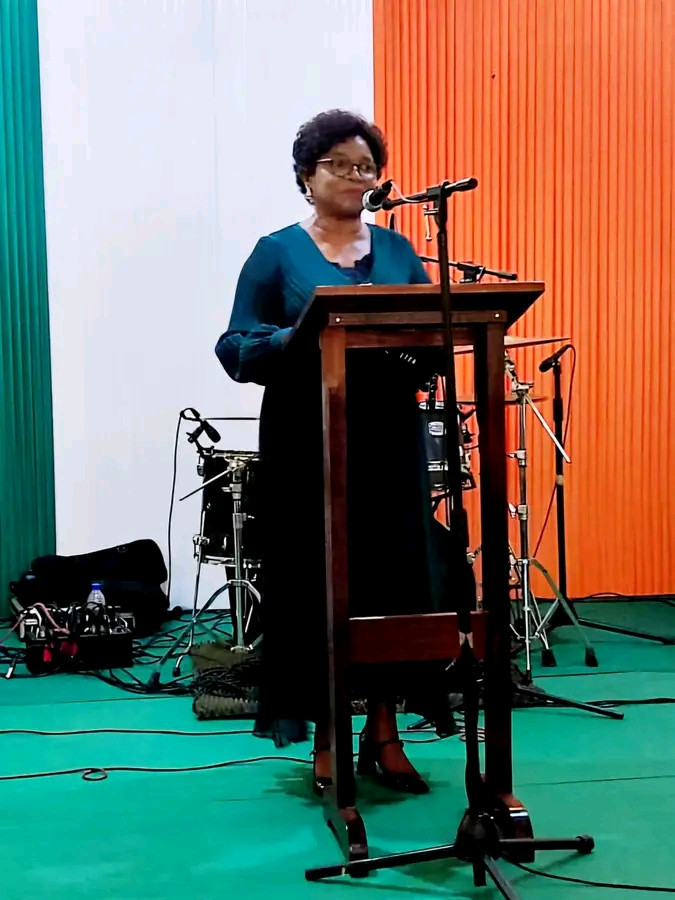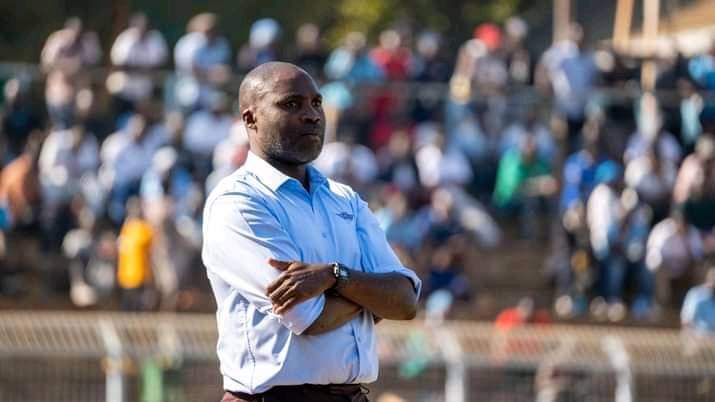By Jones Gadama
In a world where resources are finite and priorities must be judiciously managed, the recent statement by Nancy Tembo regarding her desire for additional delegates to attend the Pope’s funeral in Vatican City raises serious questions about the practicality and sensibility of such a request.
Tembo’s insistence on waiting for President Lazarus Chakwera’s approval to expand the delegation is not only unrealistic but also indicative of a broader misunderstanding of the nature of international events and the role of representation in a globalized world.
The funeral of a religious leader as significant as the Pope is undoubtedly a moment of profound importance, not just for the Catholic Church but for millions of people around the globe. However, it is essential to recognize that this is an international event where the proceedings can be observed virtually.
In an age where technology allows for real-time communication and participation from virtually anywhere, the need for a large physical presence is diminished. The world is increasingly interconnected, and the ability to send condolences and express solidarity through digital means has never been more accessible.
Tembo’s desire for a larger delegation seems to stem from a misguided belief that physical presence equates to influence or respect. This notion is not only outdated but also impractical. Malawi’s presence at such an event, especially with a larger delegation, is unlikely to be felt in any significant way.
The Vatican is accustomed to hosting dignitaries from around the world, and the scale of representation from any single nation, particularly one as small as Malawi, is unlikely to make a lasting impression.
The Pope’s funeral will be attended by heads of state and representatives from countries with far greater political and economic clout. In this context, the addition of a few more delegates from Malawi will not alter the dynamics of the event or enhance the country’s standing on the international stage.
Moreover, the financial implications of sending additional delegates cannot be overlooked.
In a time when many nations are grappling with economic challenges, the allocation of resources for such a purpose must be scrutinized. The costs associated with international travel, accommodation, and other expenses for additional delegates could be better spent on pressing domestic issues that require urgent attention.
Malawi, like many countries, faces significant challenges in areas such as healthcare, education, and infrastructure. Investing in these sectors would yield far greater benefits for the citizens of Malawi than sending a larger delegation to a funeral.
Tembo’s request also raises questions about the priorities of our leadership.
In a time when the nation is facing numerous challenges, including economic instability and social unrest, the focus should be on addressing these issues rather than seeking to expand representation at an event that, while important, does not directly impact the lives of Malawians. The optics of sending a large delegation to a funeral could be perceived as a misallocation of resources and a failure to prioritize the needs of the people.
Furthermore, the act of sending condolences is a powerful gesture that can be communicated effectively without the need for physical presence.
A well-crafted message of sympathy from the President or other key figures in Malawi can convey respect and solidarity with the global community mourning the loss of the Pope. This approach not only saves resources but also allows for a more focused and meaningful expression of grief.
In many ways, a heartfelt message can resonate more deeply than the mere act of attending a funeral, especially when that message is disseminated through various media channels, reaching a wider audience.
It is also worth considering the implications of Tembo’s request on the diplomatic relationships Malawi maintains with other nations.
The decision to send a larger delegation could be interpreted as an attempt to assert Malawi’s importance on the global stage, but it could also be seen as an overreach. In international relations, subtlety and pragmatism often yield better results than grand gestures.
By opting for a more measured approach, Malawi can maintain its dignity and respect without overextending itself in a manner that could be perceived as desperate or unnecessary.
Nancy Tembo’s wish for additional delegates to attend the Pope’s funeral is not only unrealistic but also misaligned with the current needs and priorities of Malawi.
The ability to observe the proceedings virtually, coupled with the option to send condolences, provides a more practical and resource-efficient means of participation.
The focus should be on addressing the pressing issues facing the nation rather than pursuing an agenda that may ultimately serve little purpose.
As we navigate the complexities of international relations and representation, it is crucial for our leaders to prioritize wisely and act in the best interests of the people they serve.
In this instance, sending a larger delegation to the Vatican is not the answer; a sincere message of condolence is more than sufficient.




